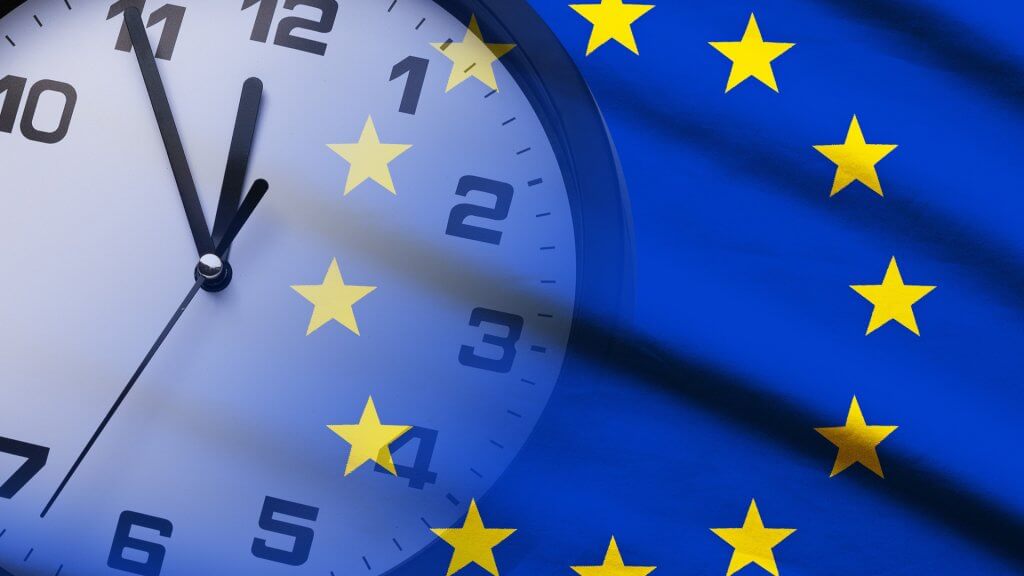Opportunities for contractors in Germany have remained resilient despite the economic impact of the global pandemic, according to a study from the Association of Professional Staffing Companies (APSCo)
The research – from APSCo Deutschland, in partnership with Freelance.de – revealed that three in five contractors in the country were still actively engaged in the last week of July 2020. The majority of those not actively engaged at the height of the outbreak in Europe cited Covid-19 closures as the main reason for the drop in work.
While it is encouraging that the majority of contract professionals were still employed at this time, respondents reported a decline in both hours and rates, with 60% recording less time worked and 45% reducing their rates.
Contractors reject the security of AÜG in favour of independence
The data also indicated an overwhelming desire from respondents to remain independent despite the uncertain economic climate in Germany. The majority (75.9%) of independent contractors surveyed would not accept an AÜG role, moreover 59% stated they would reject the AÜG model outright as a realistic means of supplying their specialist talent to the economy.
Only 15.6% of those contractors not actively engaged were making claims for financial support through the Kurzarbeit.
Tremayne Elson, Managing Director of APSCo Deutschland, commented on the results:
“It’s been an incredibly tough year for everyone, but contractors have arguably been one of the hardest hit. With projects being put on hold during lockdowns, freelancers faced a potential strain on finances, but as always, the contracting community in Germany has really demonstrated a great level of resilience. To see so many still actively engaged – and keen to remain independent despite the temptation of job security through the AÜG staff leasing model – is a very encouraging sign for the future of contractor recruitment in the country.”

Commenting on the draft report by Adam Gierek MEP on the Energy Efficiency Directive review, Arianna Vitali, Senior Policy Officer at WWF European Policy Office said: This is a deeply flawed draft report. It contains unworkable provisions which would be a disaster for citizens and the climate.




























